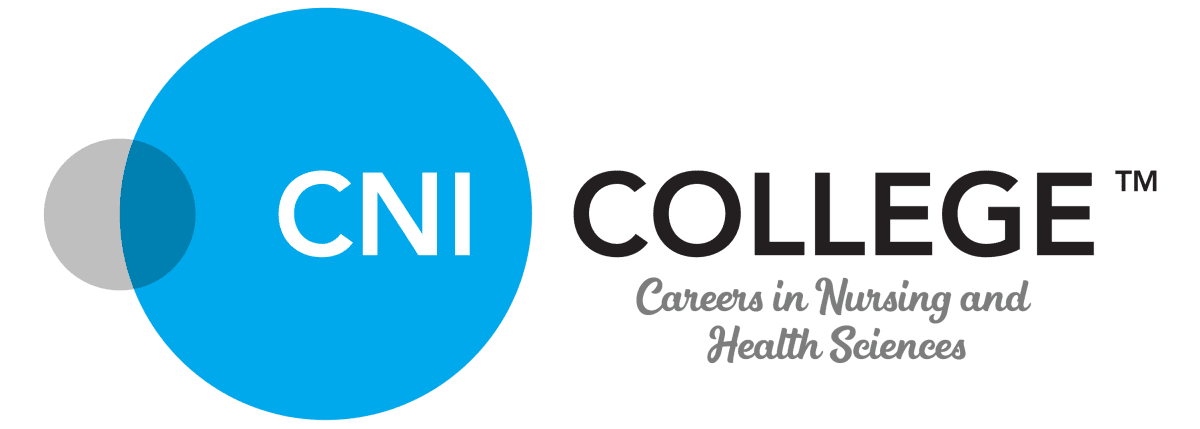When you consider LVN certification, there are lots of things you can know before beginning your program. You can visit the school and meet the professors. You can find information about starting salaries and opportunities in your area. However, it’s hard to know what the experience will be like before you begin. On the other hand, recent graduates can give you a good picture of what an LVN program is like. So we’ve put together several tips and ideas that graduates wish they had known before starting.
Talk to Recent Grads about Your Chosen LVN Program
One big thing to know is that there are many opportunities for LVNs. You can work in a nursing home or do home health nursing. Many LVNs choose to work in a the office of a doctor in private practice. Others help with paperwork and triage in busy emergency rooms. Some LVNs decide to focus on working with kids, while others want to work with older people. If you have an interest in one particular area, do everything you can to find out what it would be like to work in it. Also remember that if it turns out you don’t like that area, there are tons more to work in.
Develop good self-care routines early on in your LVN certification journey. This doesn’t necessarily mean bubble baths and spa days, though there’s nothing wrong with either! But do make sure the basics are covered first. Get enough sleep. Eat healthfully. Find an exercise routine that energizes you. Make time to spend with loved ones and doing hobbies. As a LVN, you are caring for patients every day of your working life. Make sure that you have something to give by taking care of yourself, too.
Finally, being an LVN allows for a lot of flexibility and to leave work at work. If you have children, you can organize your schedule around their school routine or work part time. For those who want to have time for hobbies, you can keep your weekends free. Or, if you don’t mind working long shifts, you can cram a week’s worth of work into just a few days and have most of the week off.
If you’re looking into LVN courses, be sure to check out CNI College. We have a strong program with a great NCLEX pass rate.

